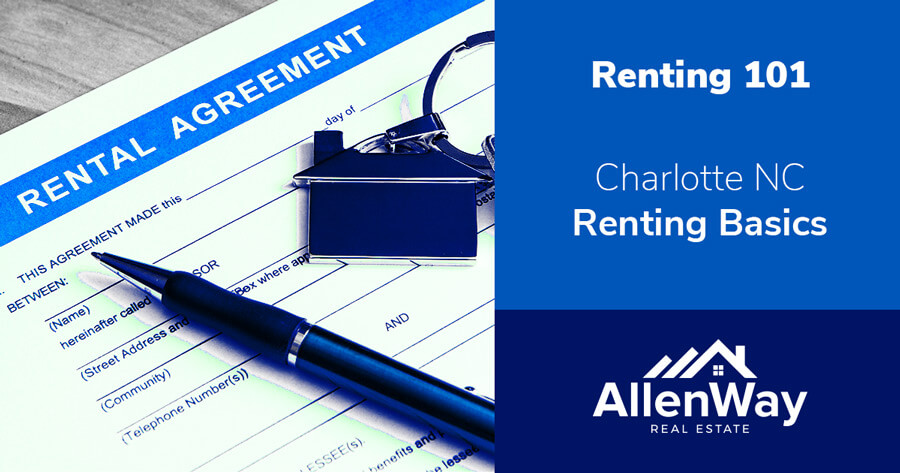
The Basics Of Charlotte NC Property Rental Terms And Conditions
When buying investment real estate or renting one yourself, it is helpful to be aware of some standard terms and conditions. Both landlords and tenants, you carry specific responsibilities. The information below includes the basics of Charlotte NC apartment rental terms and conditions.
Categories of Tenancy
Tenancy can be at-will or based on a lease. There are pros and cons to each, but the basic difference is the duration of time that a party will reside at a home. Leases note definite lengths of time while tenancy-at-will is more indefinite. Before selecting the type of tenancy, property owners normally assess the affect of the time of year (i.e. school start and end dates), the cost of replacing tenants, and other situations.
Obligations of Each Party
Both landlords and tenants hold particular responsibilities to fulfill. For example, landlords must provide a certain living environment, North Carolina actually has a process called "constructive eviction" where a tenant can legally exit the lease if the basic living conditions are proven to not be met. Tenants must submit rentals payments and not damage the home other than typical wear and tear. Other terms and conditions may be detailed in a rental agreement, however certain providions may either be mandated by law or not allowed. Ultimately, it is essential for both landlords and tenants to know their rights and to understand all provisions in an agreement before singing. It is not uncommon for particular provisions to be revised to reflect the requirements of both parties.
Handling of Deposits
One of the basic components in any rental agreement pertains to deposits. A security deposit can be requested to cover expenses related to damages. Rent for the last month can also be required as a way to stop tenants from using security deposits as rent for the last month or to facilitate proper notice. It is important to print receipts for all deposits being held. North Carolina laws dictate dollar limits, where deposits are placed (i.e. into an interest bearing escrow account), and when it must be returned to tenants. The maximum a landlord may charge as a deposit in North Carolina is twice the monthly rent amount.
The Basics Of Charlotte NC Apartment Rental Terms And Conditions
The above includes only a few aspects of Charlotte NC apartment rental terms and conditions. It is provided merely as a general overview and should not be considered legal guidance. Speak with a local Charlotte NC lawyer for actual legal guidance. Official information regarding Charlotte NC apartment rental terms and conditions may also be found on the official state website. Subscribe to our website for further information on this and related topics.




